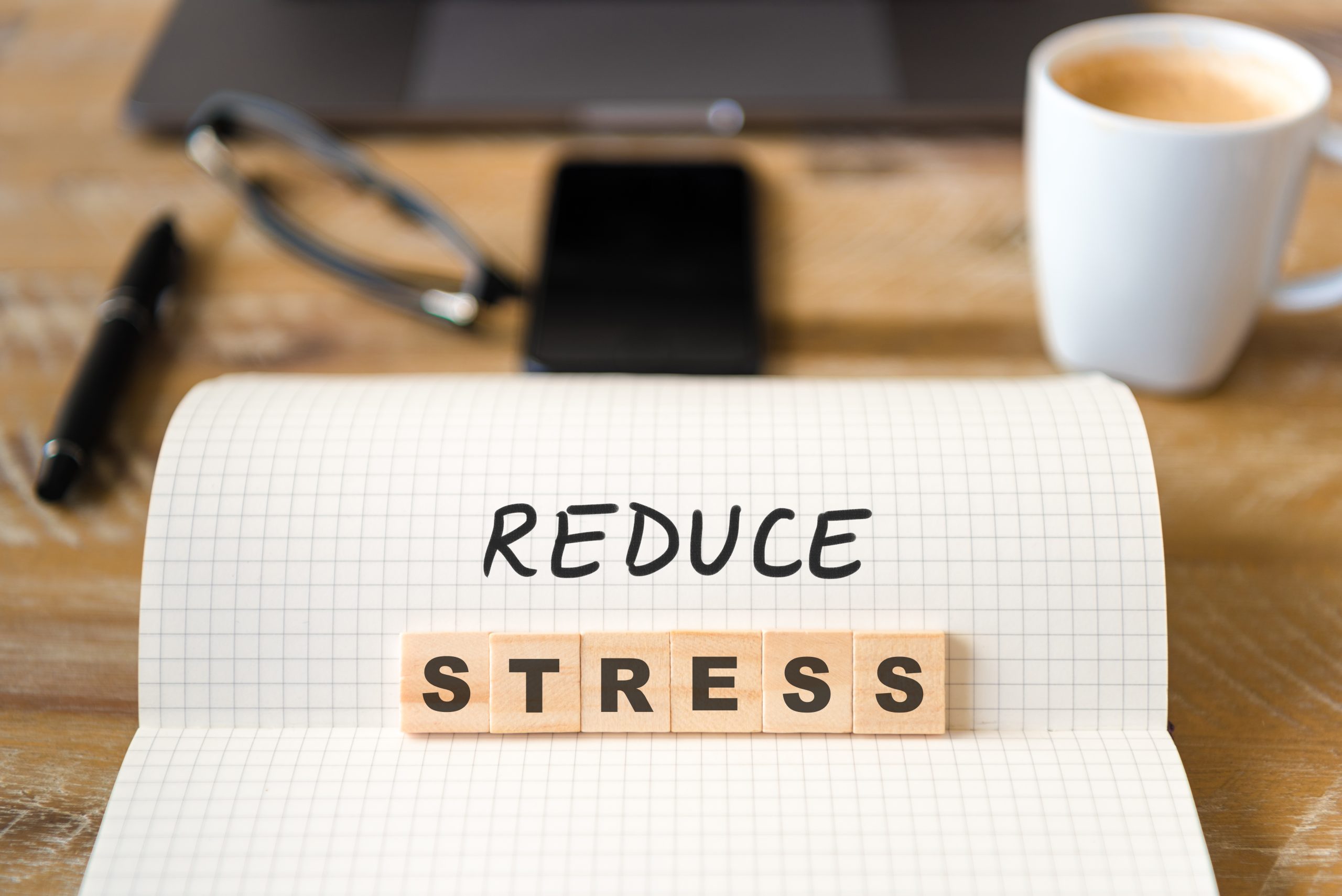9 Best Ways to Change Your Lifestyle 2023

Do you know the 9 Best Ways to Change Your Lifestyle 2023? Changing your lifestyle can seem overwhelming, but by implementing these 9 best ways, you can make positive changes that will benefit your physical and mental health. Remember to set realistic goals, prioritize your health, exercise regularly, develop a healthy diet, get enough sleep, practice mindfulness, reduce stress, cultivate relationships, learn something new, and find your purpose. Celebrate your successes and don’t be too hard on yourself when you experience setbacks.
Read more: 11 Best Ways to Transform Your Lifestyle in 2023
Introduction
Changing your lifestyle is an ongoing process that involves making positive changes to improve your physical and mental health. In 2023, prioritizing our well-being as we navigate the challenges of a changing world is more important than ever. By implementing these 9 best ways to Change your lifestyle, you can set yourself up for success and lead a happier, healthier life. Whether you’re looking to improve your diet, reduce stress, or find your purpose, these tips can help you make positive changes that will last a lifetime. So let’s get started!
Setting realistic goals is an important part of Changing your lifestyle. Start by identifying what is most important to you and what you want to achieve. Then, break your goals down into smaller, manageable steps. This will help you stay motivated and focused, and make it easier to track your progress. It is essential to make sure that your goals are achievable and sustainable.
Being realistic with your goals will prevent you from getting frustrated and giving up. It is important to remember that setbacks and obstacles are a normal part of the process, so be patient with yourself and celebrate your successes along the way.
Prioritizing your health is crucial to Change your lifestyle. This means making time for exercise, eating a healthy diet, getting enough sleep, and managing stress. Start by identifying areas of your life where you could make changes to improve your health. This could be as simple as incorporating more fruits and vegetables into your diet or taking a 10-minute walk each day.
Regular exercise is important for maintaining a healthy weight, improving cardiovascular health, and reducing the risk of chronic diseases. Try to incorporate at least 30 minutes of moderate physical activity into your day, such as walking, biking, or swimming. If you have trouble finding time to exercise, try breaking it up into shorter sessions throughout the day
Regular exercise is one of the best ways to improve your physical and mental health. Exercise can help you maintain a healthy weight, reduce your risk of chronic diseases, improve your mood, and increase your energy levels. Aim to get at least 150 minutes of moderate-intensity exercise each week, such as brisk walking or cycling. You can also try high-intensity interval training (HIIT) or strength training to build muscle and improve your overall fitness.
Find activities you enjoy and make them a regular part of your routine. You can also try incorporating more movement into your day-to-day life, such as taking the stairs instead of the elevator or going for a walk during your lunch break. Remember to listen to your body and start slowly if you’re new to exercise. By making regular exercise a part of your lifestyle, you can improve your overall health and well-being.
Develop a Healthy Diet

What we eat plays a significant role in our overall health and well-being. Developing a healthy diet can help you maintain a healthy weight, reduce your risk of chronic diseases, and improve your energy levels. Aim to eat a balanced diet that includes a variety of fruits, vegetables, whole grains, lean proteins, and healthy fats. Avoid processed and sugary foods, which can contribute to weight gain and other health problems.
Make sure to drink plenty of water and limit your intake of sugary drinks. You can also try meal planning and prepping to make healthy eating easier and more convenient. Don’t forget to enjoy your food and eat mindfully, savoring each bite and paying attention to your body’s hunger and fullness cues. By developing a healthy diet, you can improve your overall health and well-being.
Get Enough Sleep
Sleep is essential for our physical and mental well-being, and getting enough of it is crucial for maintaining a healthy lifestyle. Adults typically need 7-9 hours of sleep each night, although individual needs may vary. To improve your sleep, try establishing a regular sleep schedule and sticking to it, even on weekends. Create a relaxing bedtime routine, such as taking a warm bath or reading a book.
Make sure your sleep environment is comfortable, dark, and quiet. Avoid caffeine, nicotine, and alcohol, particularly in the evening. You can also try practicing relaxation techniques like deep breathing or progressive muscle relaxation. If you’re struggling with sleep, consider talking to a healthcare professional. Poor sleep can contribute to several health problems, including obesity, diabetes, and cardiovascular disease. By prioritizing sleep, you can improve your overall health and well-being.
Practice Mindfulness
Mindfulness is the practice of being present and fully engaged in the current moment. It can help you reduce stress, improve your focus and concentration, and increase your overall sense of well-being. To practice mindfulness, try focusing on your breath and the sensations in your body. You can also try meditating, taking a mindful walk, or doing a body scan. Pay attention to your thoughts and feelings without judgment or attachment.
Practice self-compassion and be kind to yourself when you notice your mind wandering. Mindfulness can be especially helpful during times of stress or anxiety and can help you build resilience and coping skills. By practicing mindfulness regularly, you can improve your overall mental and emotional health.
Reduce Stress

Stress is a normal part of life, but too much stress can have negative effects on your physical and mental health. To reduce stress, try practicing relaxation techniques like deep breathing, meditation, or yoga. Exercise is also a great way to reduce stress and improve your mood. Make sure to prioritize self-care by getting enough sleep, eating well, and taking breaks when you need them.
You can also reduce stress by managing your time effectively and setting realistic goals. Avoid over-committing yourself and learn to say no when necessary. If you find that stress is becoming overwhelming, don’t be afraid to seek support from a mental health professional or a support group. By taking steps to reduce stress, you can improve your overall well-being and lead a more balanced life.
Cultivate Relationships
Having strong, supportive relationships is essential for a happy, fulfilling life. Take time to nurture your relationships with family, friends, and loved ones. Make time for regular get-togethers, whether it’s a weekly dinner with your family or a monthly game night with friends. Reach out to old friends and make new ones by joining clubs or groups that interest you.
Cultivate meaningful connections by being a good listener, offering support and encouragement, and showing genuine interest in others. Remember that relationships take effort and communication, so making sure to prior Change your lifestyle can seem overwhelming, but by implementing these 9 best ways, you can make positive changes that will benefit your physical and mental health. criticize them in your life. Strong relationships can provide emotional support, help you cope with stress, and improve your overall well-being.
Learn Something New
Learning something new can be a great way to challenge yourself and keep your mind engaged. It can also help you develop new skills and expand your knowledge base. Consider taking a class or workshop on a subject that interests you. You can also learn something new by reading books, listening to podcasts, or watching instructional videos.
Learning a new language, instrument, or hobby can also be a fun way to challenge yourself and improve your cognitive function. Whatever you choose to learn, make sure it’s something that you enjoy and will enrich your life somehow. Learning something new can help you stay engaged and motivated and boost your self-confidence and self-esteem.
Find Your Purpose

Finding your purpose in life can give you a sense of meaning and direction. Your purpose may change over time as you grow and develop, but it’s important to have a sense of what you want to achieve in life. Take some time to reflect on your values, interests, and goals. Ask yourself what you’re passionate about and what brings you joy. Consider volunteering or trying new things to help you discover your purpose.
Remember, your purpose doesn’t have to be grand or world-changing, it just needs to be meaningful to you. Once you’ve found your purpose, set goals and make a plan to achieve them. Having a sense of purpose can help you stay motivated and focused on what’s important in life.
Read more: 13 Best Ways Make Money with Virtual Reality in 2023
Conclusion
Changing your lifestyle can seem overwhelming, but by implementing these 9 best ways, you can make positive changes that will benefit your physical and mental health. Remember to set realistic goals, prioritize your health, exercise regularly, develop a healthy diet, get enough sleep, practice mindfulness, reduce stress, cultivate relationships, learn something new, and find your purpose. Celebrate your successes and don’t be too hard on yourself when you experience setbacks.
How can I make exercise a habit?
Start small and gradually increase the difficulty level. Find a form of exercise that you enjoy and make it a habit by incorporating it into your daily routine. For example, take the stairs instead of the elevator or go for a walk during your lunch break.
How can I reduce stress in my daily life?
Identify your sources of stress and develop coping mechanisms such as exercise, meditation, or journaling. Practice relaxation techniques and learn to say no when necessary.
Is it necessary to have a purpose in life?
Having a sense of purpose can improve your overall quality of life, but it is not necessary. You can find purpose in many areas of your life, such as relationships, hobbies, or volunteering.
How can I prioritize my health when I have a busy schedule?
Make time for regular medical checkups and screenings. Incorporate exercise and healthy eating habits into your daily routine. Take breaks throughout the day to stretch and relax.
How can I make healthy eating a sustainable habit?
Meal planning and preparation can help you stick to a healthy diet. Focus on eating whole foods and avoid processed foods and sugary drinks. Allow yourself to indulge occasionally and don’t deprive yourself of foods you enjoy.











